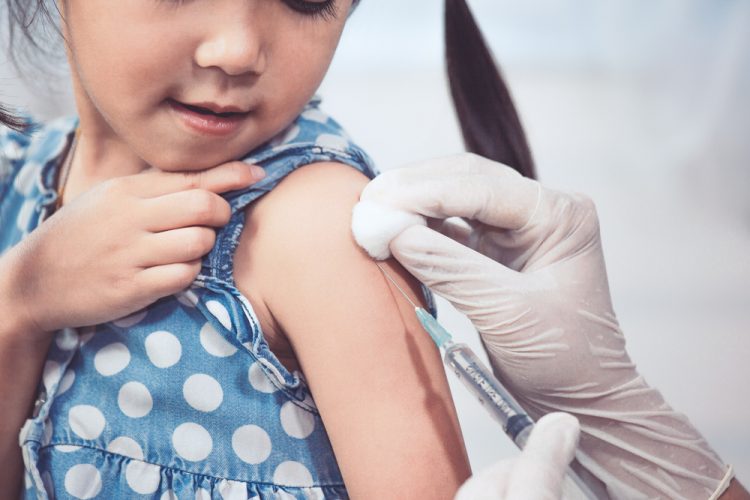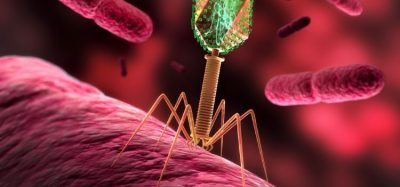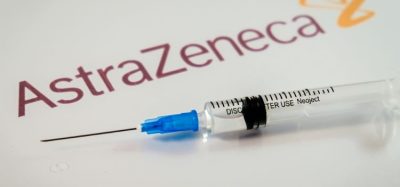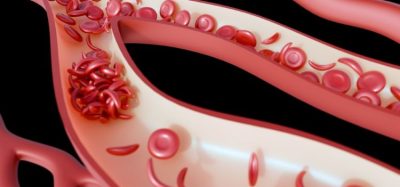Moderna begins testing its COVID-19 vaccine in paediatric patients
Posted: 17 March 2021 | Hannah Balfour (European Pharmaceutical Review) | No comments yet
The Phase II/III trial will assess the safety and efficacy of the COVID-19 Vaccine Moderna in children aged six months to less than 12 years.


The first paediatric patients have been dosed with the COVID-19 Vaccine Moderna (mRNA-1273 during development) as part of the Phase II/III KidCOVE study (NCT04796896). This trial will evaluate the safety, tolerability, reactogenicity and efficacy of the vaccine in children ages six months to <12 years.
The trial is being conducted in collaboration with the National Institute of Allergy and Infectious Diseases (NIAID) and the Biomedical Advanced Research and Development Authority (BARDA).
“We are pleased to begin this Phase II/III study of mRNA-1273 in healthy children in the US and Canada and we thank NIAID and BARDA for their collaboration,” commented Stéphane Bancel, Chief Executive Officer of Moderna. “It is humbling to know that 17.8 million adults in the U.S. have received the Moderna COVID-19 Vaccine to date. We are encouraged by the primary analysis of the Phase III COVE study of mRNA-1273 in adults ages 18 and above and this paediatric study will help us assess the potential safety and immunogenicity of our COVID-19 vaccine candidate in this important younger age population.”
This two-part, open label, dose-escalation, age de-escalation (Part 1) and randomised, observer-blind, placebo-controlled expansion study (Part 2) that will evaluate the safety, tolerability, reactogenicity and effectiveness of two doses of mRNA-1273 given 28 days apart. The company intends to enrol approximately 6,750 paediatric participants in the US and Canada ages 6 months to less than 12 years.
In Part 1, each participant aged two to <12 years may receive one of two dose levels (50μg or 100μg) and those aged six months to less than two years may receive one of three dose levels (25μg, 50μg and 100μg). An interim analysis will be conducted to determine which dose will be used in Part 2, the placebo-controlled expansion portion of the study. Participants will be followed through 12 months after the second vaccination.
Vaccine effectiveness will either be inferred through achieving a correlate of protection, if established, or through immuno-bridging to the young adult (ages 18-25) population. Vaccine safety and reactogenicity will also be assessed.
Related topics
Biologics, Clinical Trials, Drug Development, Drug Safety, Immunisation, Vaccines, Viruses
Related organisations
Moderna, US Biomedical Advanced Research and Development Authority (BARDA), US National Institute of Allergy and Infectious Diseases (NIAID)









